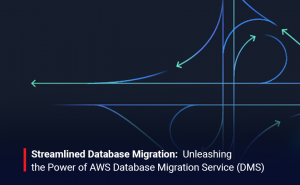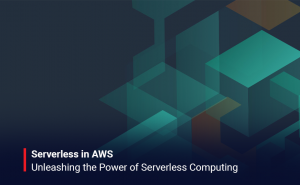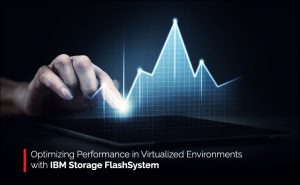Let us see the types of storage that help you to store critical data. And, also read about IBM Storwize, a family of entry storage systems is designed to meet the data requirements of businesses with midsized application workloads.
Of course, every business has a mechanism to store their data. However, as both data and the need to protect it grows, businesses need to upgrade their storage system sooner or later.
With so many offline and online storage options available, it can get confusing to select the right storage system. The quantity of data you need to store, how often and how quickly do you need to access your stored data are some of the most important considerations for choosing the ideal storage solution for you.
Let us have a look at the available options so that you can determine which one of them can fit your enterprise needs –
USB Flash Drives
They are the best options for mobile businesses, as they can be easily carried everywhere and can be plugged into multiple computing devices. Many of them also provide the facility of encryption in case the drive is lost or gets stolen.
Cloud Storage
One of the most popular types of online storage, cloud reduces your dependency on physical storage devices. Many cloud vendors offer the option of data redundancy and replication, i.e., keeping multiple copies of data to prevent the possibility of its loss. You can easily store large files and securely share them with your clients. Cloud storage can become expensive over time as your data grows, but can save you a lot in terms of maintaining physical storage servers on-premises.
External Hard Drives
A traditional and inexpensive method of securing additional storage, they offer a larger storage capacity than USBs. All the files stored on the device need to be backed up, and they are harder to carry around than USBs. They can work for small businesses based in a single location; however, your data will be at risk in case of any on-site damage to the device due to natural disasters or accidental rough handling.
Flash Storage
Flash storage makes use of flash memory, a non-volatile memory that can be electrically programmed to store data. Flash storage systems are a great option for businesses that require speedy data access. As flash is SSD, it has no moving parts, giving more durability than the rotating platters of hard disk drives. Even if flash storage is a bit expensive than the traditional HDD, you can save a lot in terms of low power consumption and cooling costs.
IBM Storwize, a family of entry storage systems is designed to meet the data requirements of businesses with midsized application workloads. It allows you to deploy storage virtualization, NVMe capabilities, flash performance and enterprise capabilities in one affordable solution.
Network Attached Storage (NAS)
These are simply storage devices that allow authorized users to access files from a central location. They are good for small and medium organizations who are looking for a cost-efficient storage solution.





